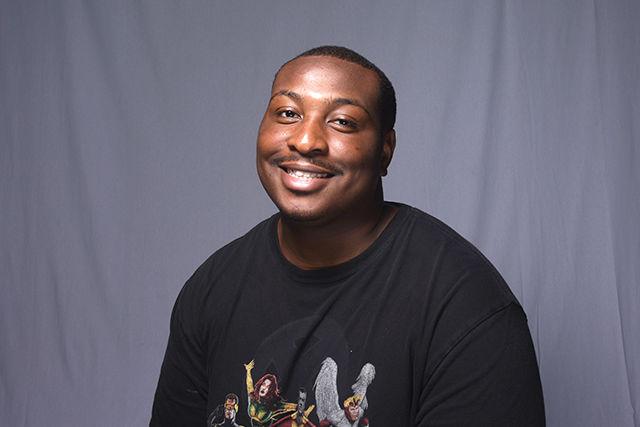
Kenton Gibbs
Kenton Gibbs
While there hasn’t been a ton of public outrage about NC State basketball players Maverick Rowan (finished his sophomore year) and Ted Kapita (finished his freshman year) deciding to enter the NBA Draft early, I’ve still heard way too many people ridiculing or criticizing those young men’s decisions to go pro. And the fact of the matter is, as long as players at the collegiate level remain unpaid, they will continue to make early, possibly premature exits from the college game. The sad part is, people will try to argue this point down even though many athletes have been on record confirming this to be true.
Current Houston Texan and former South Carolina Gamecock Jadeveon Clowney had what some may argue is the greatest collection of natural tools anyone has ever seen on a defensive end. He was the consensus number-one pick when he came out after his junior season. He was guaranteed to be an instant multimillionaire, yet in an interview with CBS’ Jim Rome he was quoted as saying, “If I would have had the chance to take care of my family through college, I would have probably stayed in college.”
Of all the top-100 prospects boards and big boards produced, neither Kapita nor Rowan cracked any of them. However, these young men can go overseas and make more in a month than they did in a full year or two as college athletes. If a player that is guaranteed the top spot in a draft says that being paid would have made a difference even though he was going to get paid exponentially more in the league, what could logically lead one to believe that guys like Kapita and Rowan wouldn’t be swayed as well?
This isn’t meant to say that the NCAA is giving these players literally nothing. What I am saying is that the labor of these athletes directly results in compensation for the coaches, administrators and pretty much everyone else on staff. Clemson head football coach Dabo Swinney was making over $3 million a year when he said, ”As far as paying players, professionalizing college athletics, that’s where you lose me. I’ll go do something else, because there’s enough entitlement in this world as it is.”
The idea that players wanting to be paid is entitlement is wrong on so many levels. First off, all of the physical toll of football is inflicted upon the players, not the coaches. While the coach’s worst problem may be stressing over getting the top quarterback in the state, the athlete may be on his second torn tendon wondering whether or not he’ll be allowed back next year.
Second, fans come to see the players. Very few fans understand the complexities of offensive and defensive schemes. What they do understand is when their favorite center swats a shot to the fourth row. That’s why they fill the stands, not to see a meeting of the minds between Coach K and Rick Pitino. To further prove my point, I simply ask this: How is a sport amateur-level if it generates more revenue than its professional counterpart does and the vast majority of the positions involved are occupied by professionals?
The sad part is, instead of deeply ingesting the thought of paying players as a way to keep mid-level stars and role players at these universities, many will instead jump to the defense of the NCAA as if its practices aren’t exploitative to say the least. But the fact of the matter is college players would be more likely to stay if universities would have a serious conversation about pay.